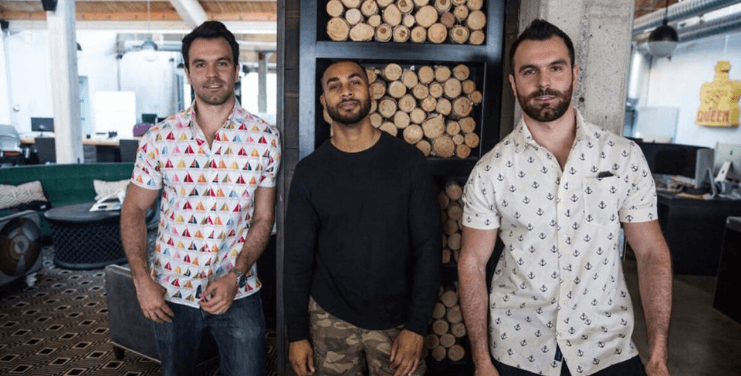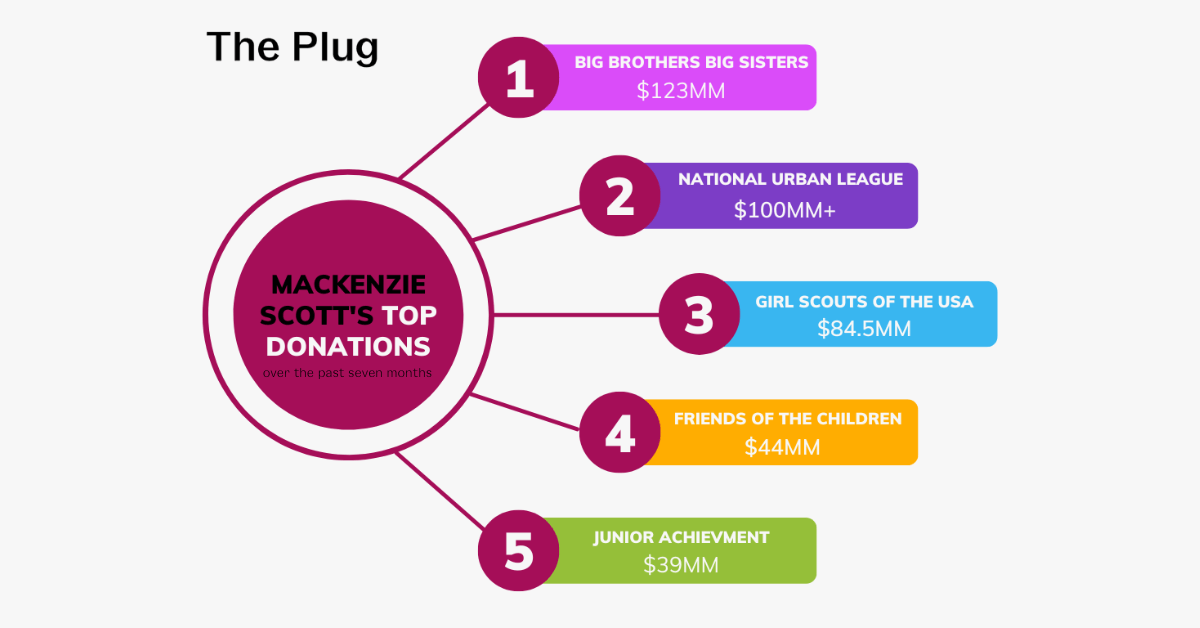Key Insights:
- Career Karma has raised a $40 million Series B, a year after its $10 million Series A raise
- The career reskilling platform has grown from 1 million monthly page views to 3 million per month, introducing up to 25,000 users to job training programs monthly
- The company has crossed 8-figures in annual recurring revenue (ARR)
- Growth plans include expansion into higher education and enterprise clients
Tech bootcamp matching and community platform Career Karma kicked off the new year with a $40 million Series B raise under its belt, the company announced Monday.
The new funding will be used to expand into higher education including a bootcamp for students. Career Karma will also work to gain more enterprise clients as it runs 10 pilot programs with Fortune 5000 companies in the retail sector to help them attract new talent by offering Career Karma as a benefit.
Series B investors include a roster of top VC firms, some returning investors, like Softbank, GV, Motley Ventures, Kapor Capital and Backstage Capital, as well as notable individual investors like Baron Davis, John Henry, Jotaka Eaddy, Anthony Pompliano and Denmark West, among others.
Co-founder and CEO Ruben Harris noted that many of Career Karma’s existing and new investors are women or people of color—mirroring much of the company’s users who leverage the platform to learn about opportunities within technology, hop into the company’s audio rooms for learning sessions (launched in December 2020) and use a questionnaire feature to get matched with the right training programs based on their interests.
Sites Set on Higher Education
The company’s voyage into higher education follows the changing trend in Americans reducing their dependencies on four-year degrees and the debt that follows, in favor of lower-cost certification programs and classes that are aligned with employer needs.
More urgently, ongoing attempts to address the global technical skills gap has driven much research and over $2.2 trillion dollars in annual revenue in the credentialing and alternative education market in the last three years alone.
“People aren’t just blindly making decisions. No one is going to college to become a more rounded human being, that doesn’t leave them broke and in debt,” Harris told The Plug.
Upskilling and reskilling saw a boost in attention on a global level as the pandemic proliferated and remote work created a line of demarcation between knowledge workers who were able to make the shift to working from home and service workers left with few options to earn a living without putting their health at risk.
In January of 2020, right before the pandemic’s global impact, The World Economic Forum launched its Reskilling Revolution initiative to connect 1 billion people with better education, skills and jobs by 2030.
Employers like Verizon, Amazon, Google and others jumped into skills-gap training programs of their own to help workers create a roadmap for learning the skills needed for future job security.
Career Karma is placing its bets on serving as the bridge between workers, schools, and companies and becoming a category leader in aggregating the tools and community needed to help these audiences find one another. The company reports it has crossed the 8-figure mark in annual recurring revenue.
Acquisition Strategy Expansion Play
Much of the company’s existing channel strategy through paid growth is typical of any high-traffic site with spend in environments like Facebook, Google and LinkedIn. In the coming months, there are plans for collaboration with higher education players who are finding success in platforms like TikTok.
To help fuel its social media prowess, Career Karma tapped Raymond Smith, founder of creative agency The Digital Footprint which has led influencer and media campaigns for brands such as Capital One, Nike, Universal, Beats by Dre, Redbull and others.
The company welcomed Sonja Sierra, former Director of Digital Marketing at education platform General Assembly, to its ranks in February of last year to lead acquisition marketing.
According to Sierra, changes are forthcoming for how Career Karma advances its paid user acquisition strategy to stay ahead of the curb to grow into its enterprise and education spaces. The company learned that their typical user coming through the funnel is either someone who has done a lot of research on bootcamps already or those who are brand new to the bootcamp space and are getting acquainted with the environment entirely.
“Many [users] don’t have a tech community and are unsure but interested in getting into tech — these are the folks we really take pride in helping. We have a tech career quiz funnel that works well on paid social channels, that asks 30 plus questions to help determine recommendations for best tech careers,” Sierra explained.
“We’re thinking through how we acquire users and use the [Career Karma] product to push them to the path that makes sense to them. While our channel mix and marketing strategy is a big piece of that, we can now do this with a product marketing partnership lens to think through different funnels and decide which route works best for every user,” Sierra said.








